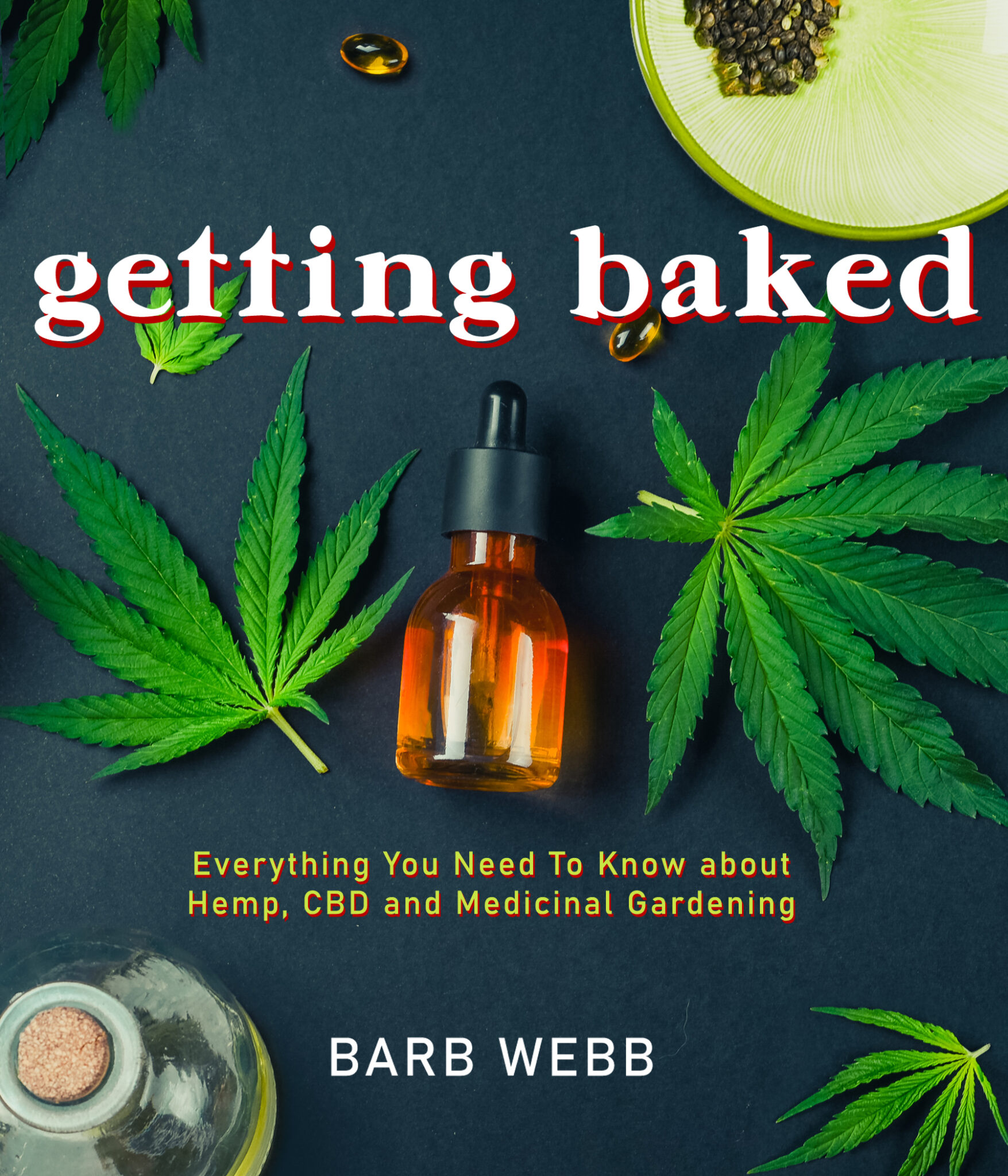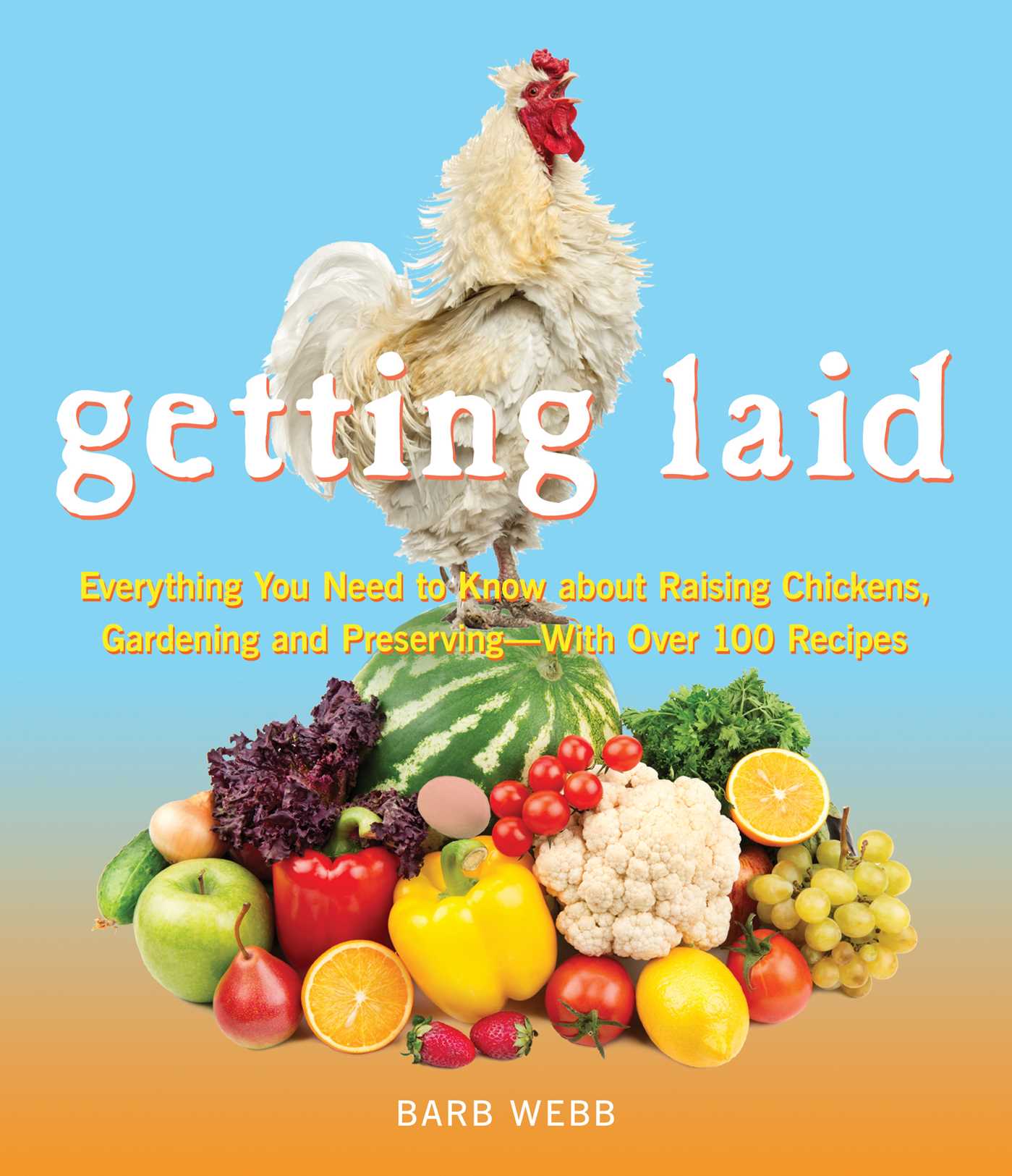When it comes to the best ways to use money, too many Americans operate under a key misconception, says investment adviser and financial planner Ike Ikokwu.
“Money is opportunity, and having a blind spot for maximizing investment can drastically reduce one’s future options,” says Ikokwu, author of Winning the Money Game: Separating the Myths from the Truth (www.winningthemoneygame.net).
That blind spot is debt, he says. Just as Americans have learned that are such things as good fats and good cholesterol, so too is there good debt for a prosperous financial future.
“The three most common ways people in this country get rich all involve using debt,” he says. “They use it to launch businesses, invest in real estate, or pay for advanced degrees in order to become high-income earners.”
Some myths born from the idea that all debt is bad include:
• Paying off your home mortgage provides financial security.
• A 15-year mortgage is always the quickest way to pay off your home.
• Putting money in your 401K or other qualified plan saves you taxes.
• The stock market is the only place to generate high, double-digit returns.
Admonishments to “stay out of debt” prevent people from gaining financial independence, Ikokwu says. Investing in education, a new career in another state or a new business may be more lucrative than paying down a mortgage.
“My definition of being ‘debt-free’ is to have enough money so that you can pay off your debt at any time – if you need to,’’ he says. “But you don’t necessarily want to do that. Good debt can save you money on taxes, increase your investment gains and allow you to take advantage of wealth-building opportunities. Bad debt, on the other hand, is like having a big hole in your money bucket.”
Ikokwu developed a new personal financial plan after a period of successful investing imploded following the market crash in 2001. After filing for bankruptcy in 2003, he rebuilt his wealth – using his new plan – in five years. Today he is financially independent and his wealth secure.
“To a greater extent than many Americans suppose, money is plastic,” he says. “That means you do not have to be rich in order to gain more wealth, and we do not have to follow old, outdated paths. We can all mold the money we have to a shape that yields better return.”
—
Ike Ikokwu, “The Financial Independence Coach,” is a CPA, CFP and registered investment adviser. He holds a bachelor’s in accounting and a master’s in personal financial planning. Tune into Atlanta’s WGUN-1010 (AM) at 11 a.m. Saturdays for his weekly show and look for his book Winning The Money Game: Everything You Don’t Know About Achieving Financial Independence (Volume 1) available on Amazon and at your local bookseller.




Interesting. I enjoyed reading this and learned a lot.